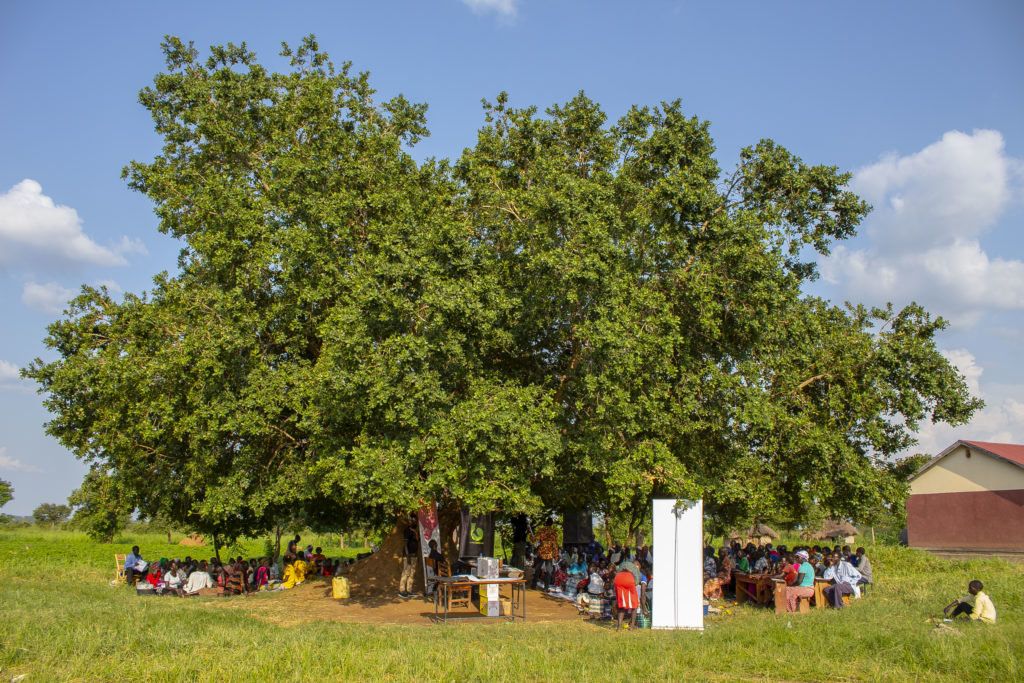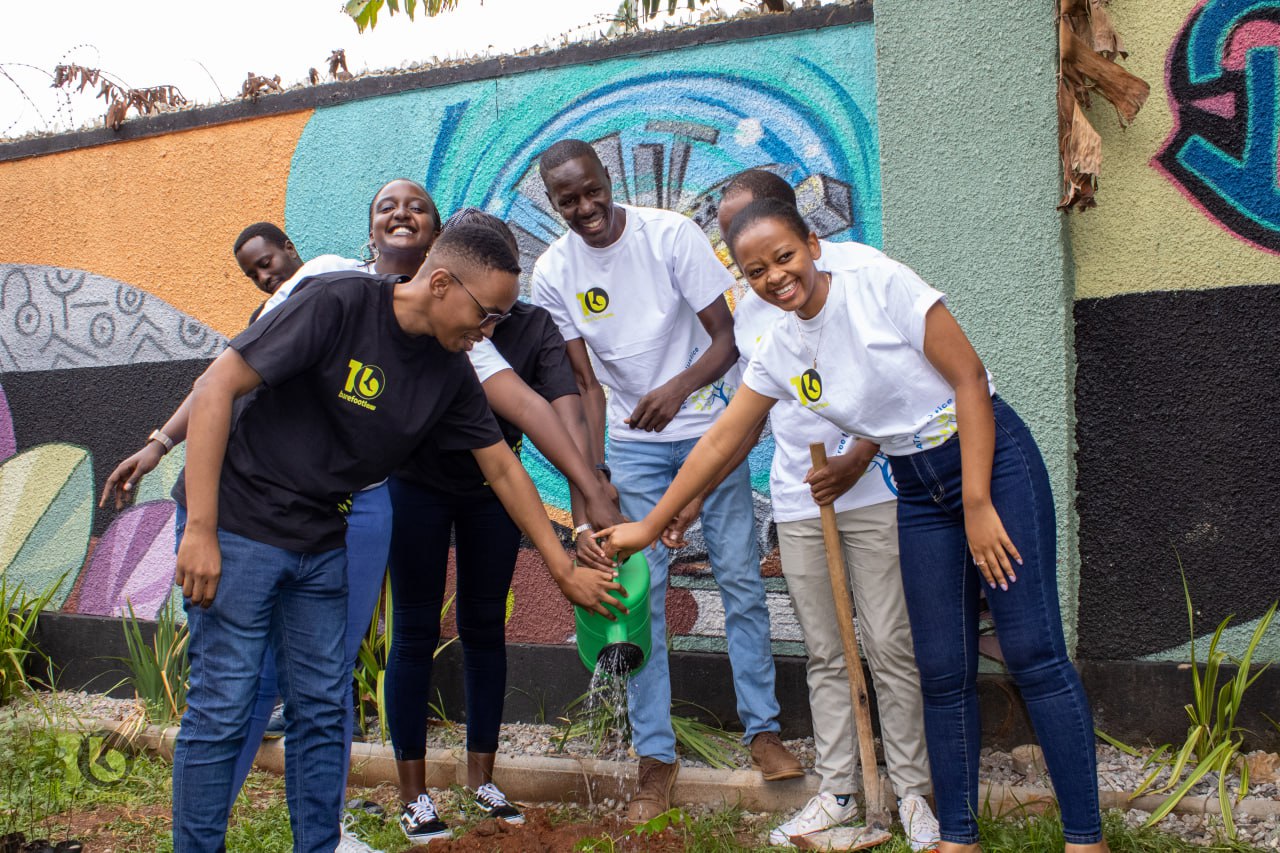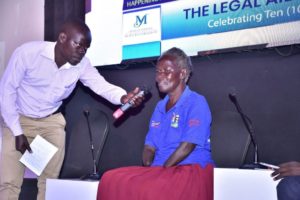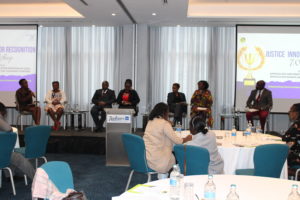Rural African communities have for centuries, used trees for vital life-sustaining purposes for example, medicine. They gathered under trees to share knowledge and discuss trivial matters affecting the unit of the community peacefully. Such discussions included disputes between neighbours, clan members, and families. The meetings were also a platform to synergise and strategise on trade, agricultural improvement among other uses.
In the Acholi region, for example, a justice mechanism known as “mato oput ” plays a crucial role in the maintenance of peace. The traditional Acholi culture views justice as means of restoring social relations. The Oput tree (scientific name Psuedocedrela kotschyi – Meliaceae) offers atonement for killing a human. The ceremony brings the deceased’s next of kin and the murderer together to drink a maceration of pounded Oput roots from a shared gourd.

Trees have been a major part of our BarefootLaw justice story. Whether it be one of our first legal sensitisations in Akokoro District, or the hundreds of women who with us were harboured under trees to learn about the law and how to use our digital tools to get free legal guidance during the LEWUTi Project, our ten-year story is best told under the canopy of a tree.
It is known that our climate is changing weather and temperature patterns due to several factors, many of which are accelerated by human activity. One common economic activity in Uganda that affects trees the most is charcoal-making. This subsequently means that critical social constructs in the African culture which offer alternative justice resolutions face threats of disruption.
There’s hope however. The United Nations reports that Africa has the world’s youngest population, the largest amount of arable land, the greatest potential for restoration, and is home to a quarter of all wildlife – critical opportunities for restoring the health of our planet. Experts write that African countries have committed to protecting and restoring natural areas and on managing and rehabilitating lands that have been converted largely for agriculture and forestry.
A Tree for Justice

In a bid to give back to mother nature that has so gracefully sheltered us, BarefootLaw is excited to launch our A Tree for Justice Campaign, with the hope that we can contribute to trees for more amicable resolve in the future and do our part in restoring the health of our planet. The campaign is also a way in which the people who have used our services to solve their legal issues can give back to us.
The National Forest Authority in Uganda has provided us over two-thousand 2000 seedlings of indigenous tree species (Gerveria, Neem Tree, Cedrela Ordorata, and Prunus Africana) to plant and nurture, and distribute among friends of BarefootLaw. We call upon our partners and members of our wider BarefootLaw family to join us on this exciting journey. Seedlings can be collected from our offices in Kampala and Kole and through partners who we shall announce during the course of the campaign.
Contacts
Should you wish
to plant A Tree for Justice:
Call : 0800220000/
0200902705/ 0393254691
Online: [email protected],
Facebook: BarefootLawyers Uganda, Twitter: @BarefootLawUG, WhatsApp: 0785824078.











